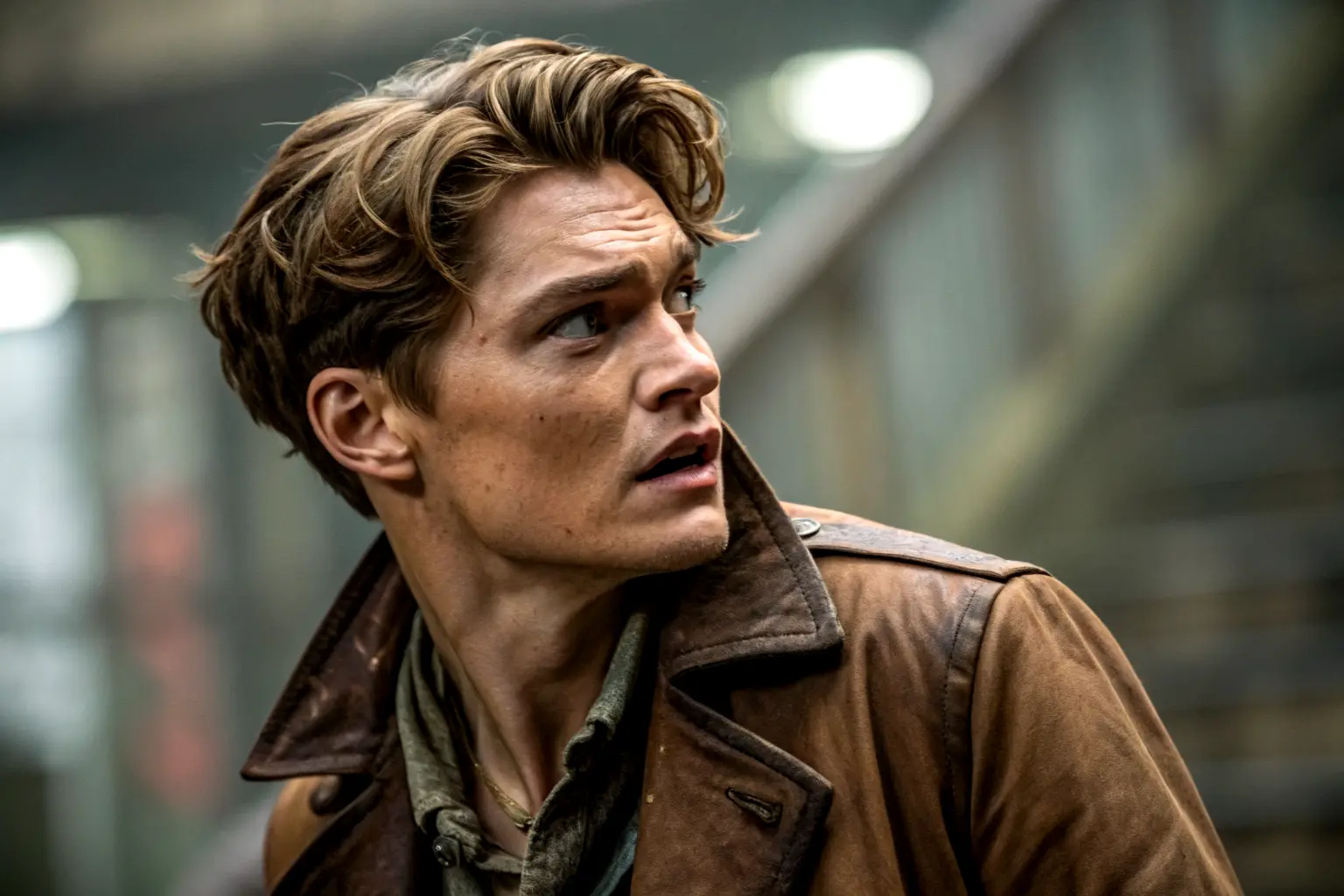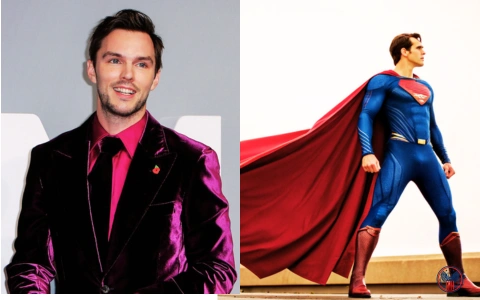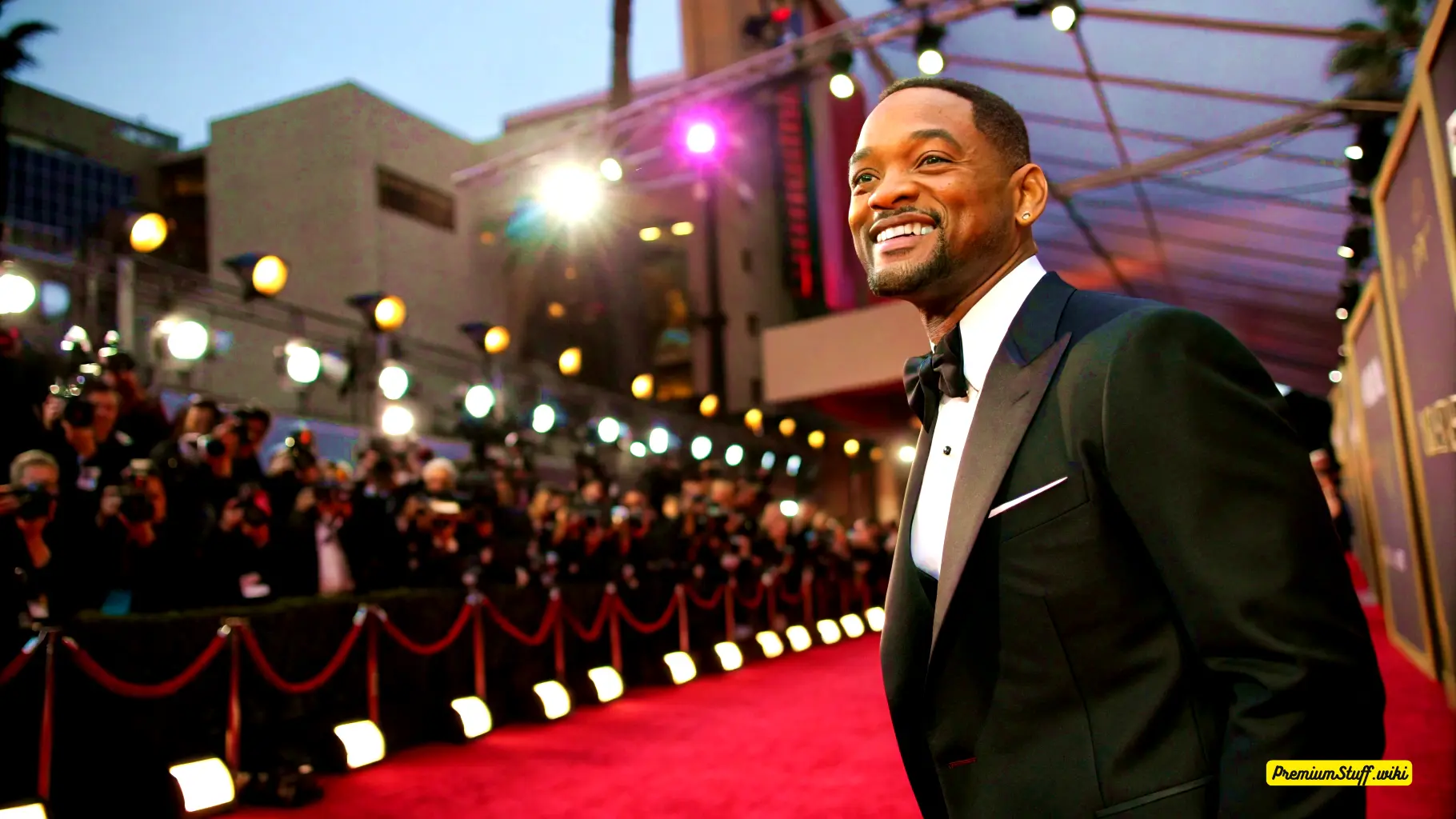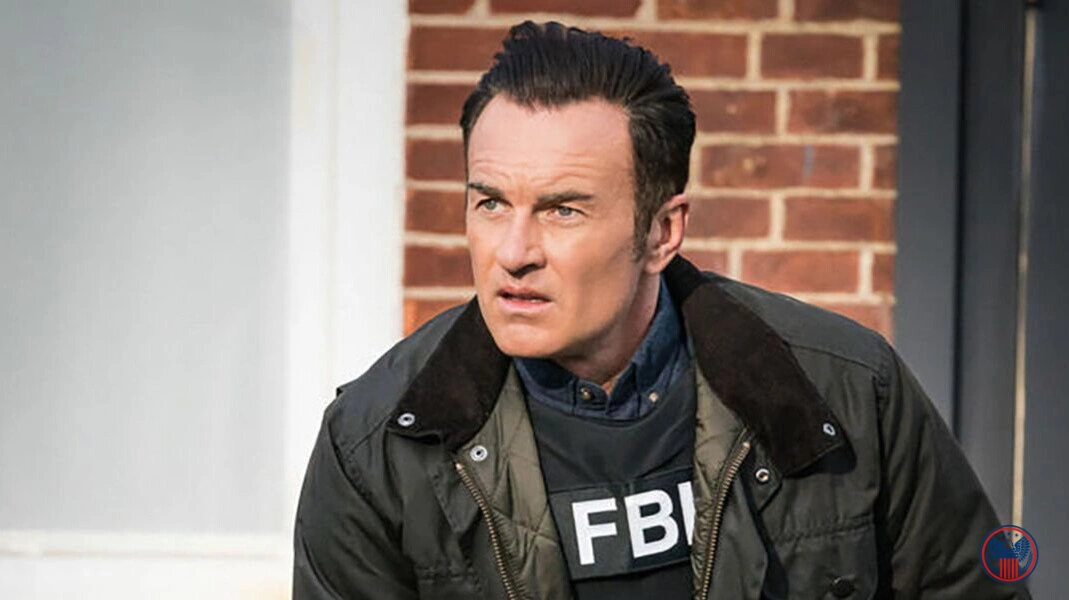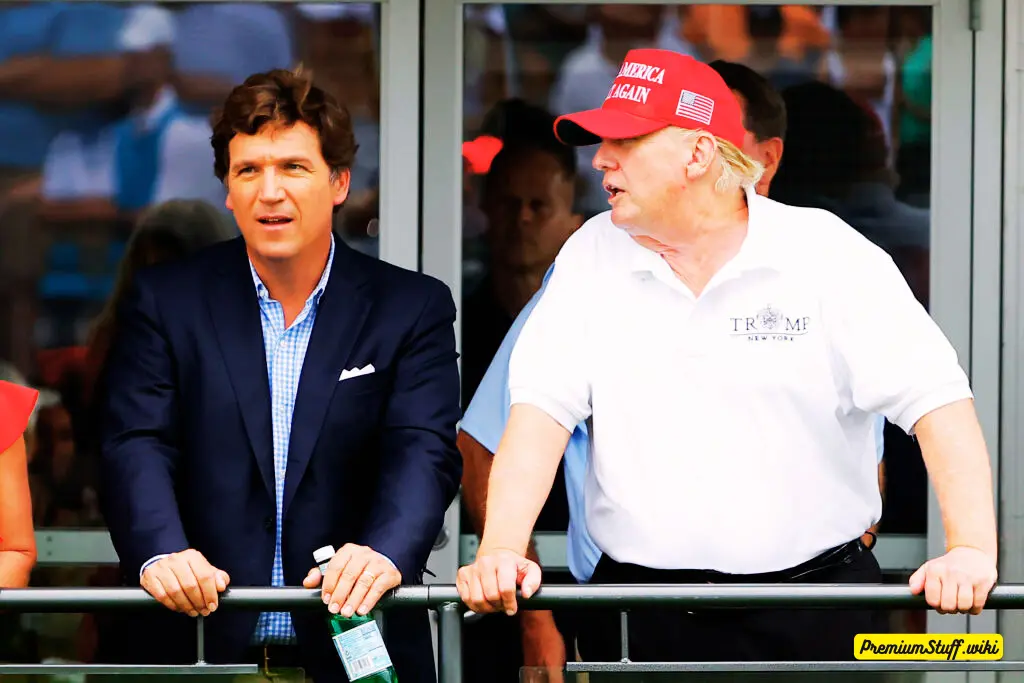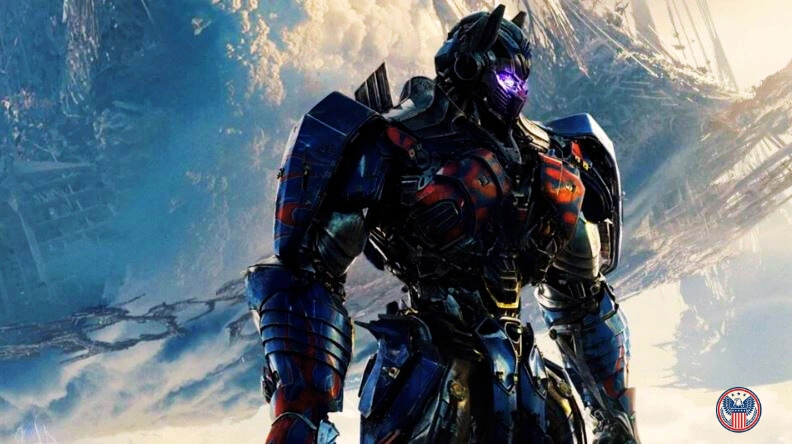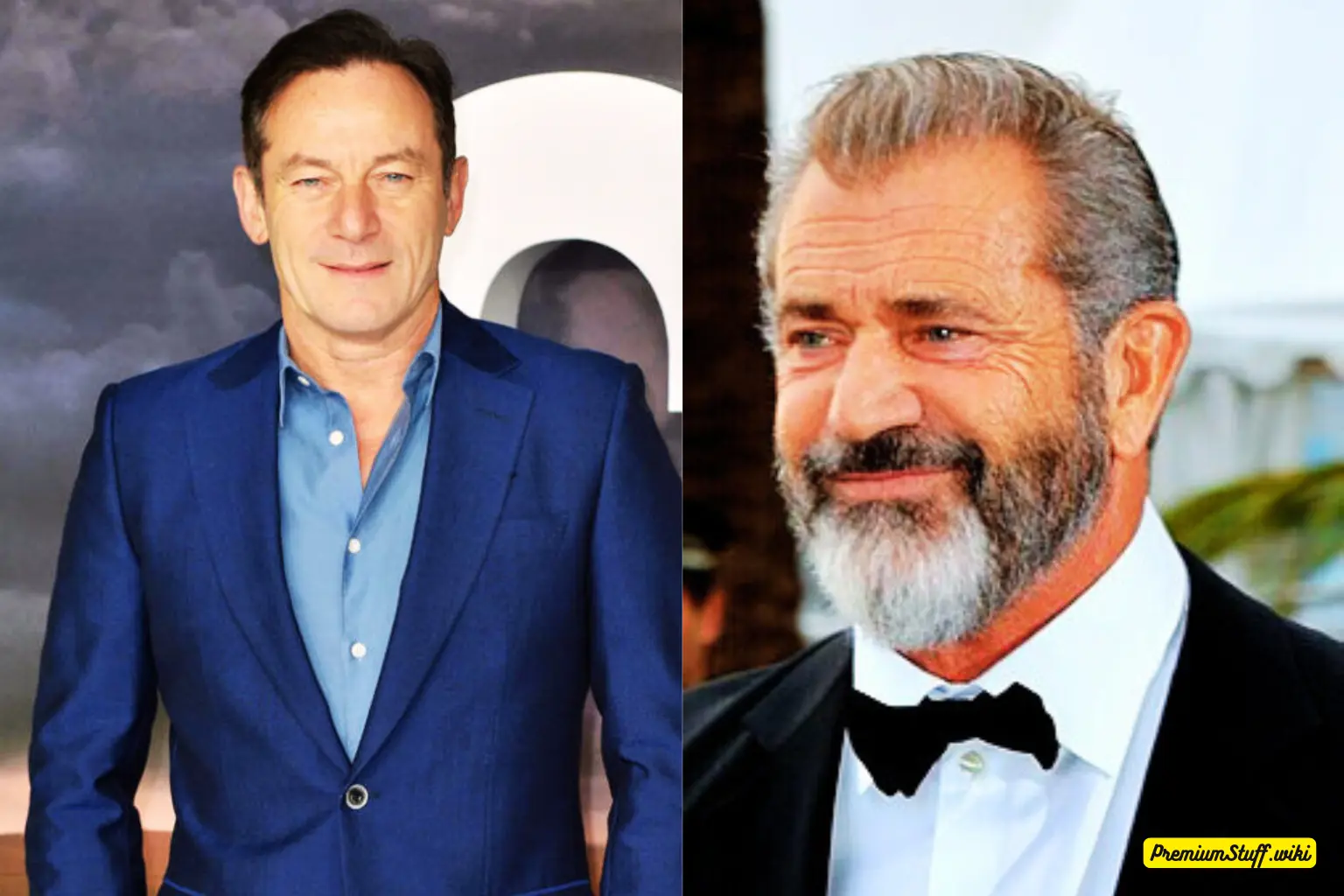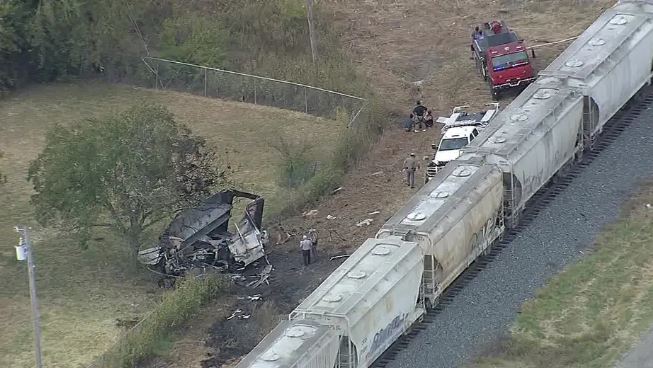James Gunn : Disney+ Flood “Killed” Marvel as DC Charts New Course
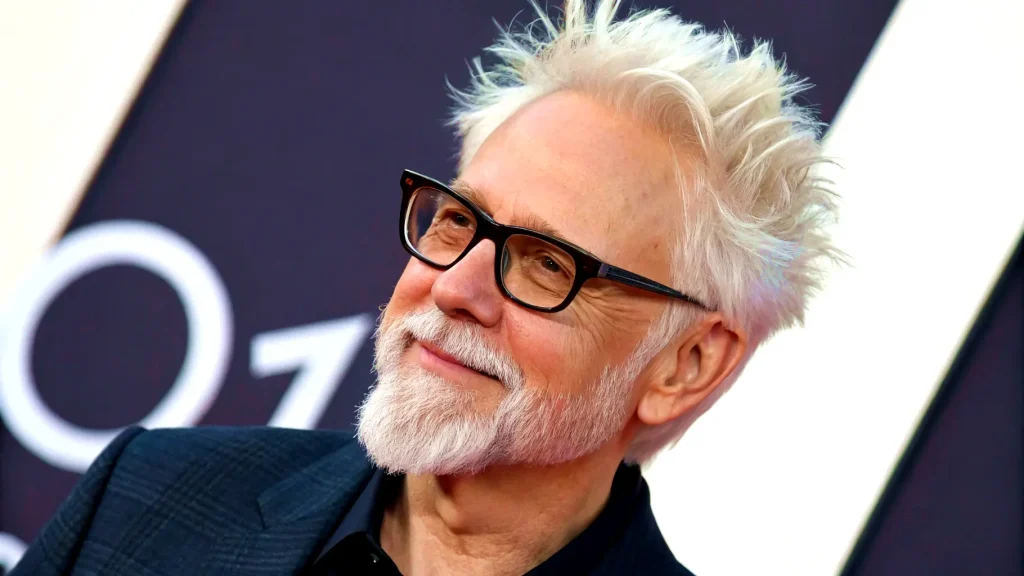
LOS ANGELES — In a candid moment that sent shockwaves through Hollywood, DC Studios co-chief James Gunn pulled no punches when asked about superhero fatigue. The architect of DC’s ambitious reboot revealed Disney’s relentless push to fill Disney+ with Marvel content fundamentally damaged the genre’s biggest player. “That mandate to churn out endless shows and films? It killed them,” Gunn stated bluntly during a Rolling Stone interview, drawing a stark line between Marvel’s recent struggles and his own vision for DC’s future.
Sitting in his sun-drenched Burbank office, the director-turned-studio boss reflected on conversations with former Marvel colleagues. “Louis D’Esposito [Marvel co-president] admitted it privately. It wasn’t even really their fault,” Gunn explained, his tone equal parts frustration and empathy. He described an impossible corporate directive: flood the streaming service at all costs, quality be damned. The result? A breakneck pace that saw nine Marvel projects released in 2025 alone, straining creative teams and diluting storytelling until even well-reviewed films like Thunderbolts underperformed. “It wasn’t fair. It wasn’t right. And audiences felt it.”
DC’s Counter-Revolution: “No Script, No Shoot”
While Marvel drowned in content quotas, Gunn and co-CEO Peter Safran built DC Studios around a radical principle: finished scripts trump release dates. “We don’t have a mandate to pump out X movies or shows per year,” Gunn emphasized, leaning forward intently. “If the screenplay isn’t extraordinary? We wait. Or we kill it.” He recently scrapped a fully greenlit DC film because the script felt rushed—a move unthinkable under Disney’s streaming-era pressure cooker.
This discipline anchors DC’s upcoming slate. Gunn’s eyes light up discussing Supergirl: Woman of Tomorrow, calling Milly Alcock’s debut script “so fucking good it gave me chills.” For HBO’s Lanterns series, he demanded six airtight episodes before filming—not 10 filler-heavy hours. Even The Batman Part II with Robert Pattinson faced delays as Gunn and writer Matt Reeves obsess over originality: “Every Batman story’s been told. How do we make this new?”
The Industry’s “Cancer” – And a Path Forward
Gunn’s critique extends beyond superheroes. He calls Hollywood’s script-last approach “the number-one problem killing our industry,” recalling chaotic sets where dialogue was rewritten minutes before filming. “Audiences aren’t tired of superheroes,” he insists. “They’re tired of bad movies.”
After backlash, Gunn clarified on social media that Marvel was “screwed by the situation,” not doomed. He praised Disney CEO Bob Iger’s recent course correction—delaying shows like Ironheart and Daredevil: Born Again to retool them. “The streaming insanity is finally dying down,” Gunn noted with relief. “Thank God.”
All Eyes on Superman
The true test arrives July 11th when Gunn’s Superman soars into theaters. Described as a “vulnerable, hopeful” take with David Corenswet’s Clark Kent battling Kryptonian robots and self-doubt, the film embodies DC’s philosophy. “Our Superman can bleed. He can fail,” Gunn reveals. “That humanity is everything.”
As Marvel regroups and DC prepares its rebirth, Gunn offers a final warning shot: “We have to treat every project like it’s our last chance. Because in this climate? It might be.” The superhero genre’s next chapter won’t be written by algorithms or quotas—but by storytellers daring to put quality first.

